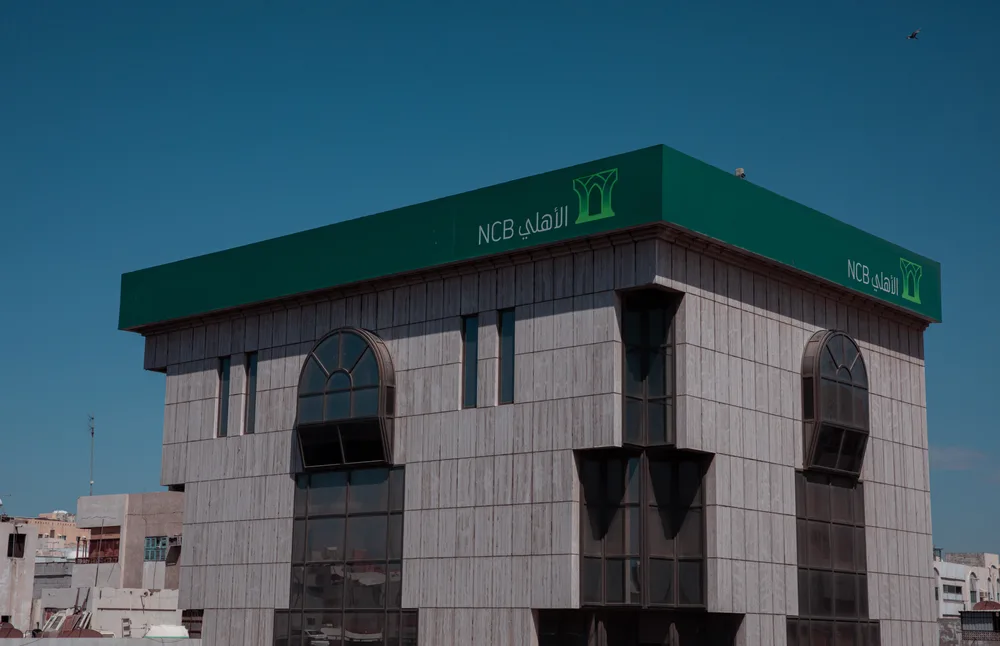Saudi Arabia’s banking sector is well-positioned to handle a rise in external debt, according to a new report by S&P Global Ratings, as financing needs increase under the Vision 2030 development agenda.
🔹 Key Figures:
- SR371.8 billion ($100B) in loans issued by banks in 2024.
- Only SR218.9 billion in deposits, creating a funding gap of SR152.9 billion.
- Gross external debt reached $109.5 billion by end of 2024 — quadruple the 2018 level.
- 59% of this debt is owed to foreign banks, mostly short-term.
🔹 Risk and Resilience:
- S&P notes that while foreign liabilities may almost double by 2028, net external debt will still only represent 4.1% of total lending.
- Much of the external funding comes from GCC countries, where liquidity is high.
- Saudi banks are backed by strong state support, which S&P considers a stabilizing factor.
🔹 Mortgage Strategy:
- To ease balance sheet pressure, banks are exploring mortgage asset sales.
- The Saudi Real Estate Refinance Co. has already acquired SR28.8B in home loans.
- A market for mortgage-backed securities is expected to develop gradually, despite current investor caution.
🔹 Comparison with Qatar:
- S&P dismisses comparisons with Qatar’s 2021 debt peak of 40.6% of domestic loans, noting Saudi banks have double the asset base.
🔹 Conclusion: Despite growing external funding needs, Saudi banks remain fundamentally strong, with measured risk management, ample liquidity, and strategic support from the state — keeping them on solid ground through the Vision 2030 transformation.

